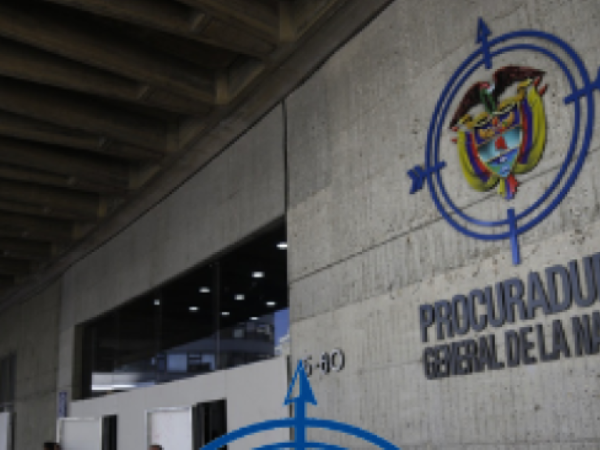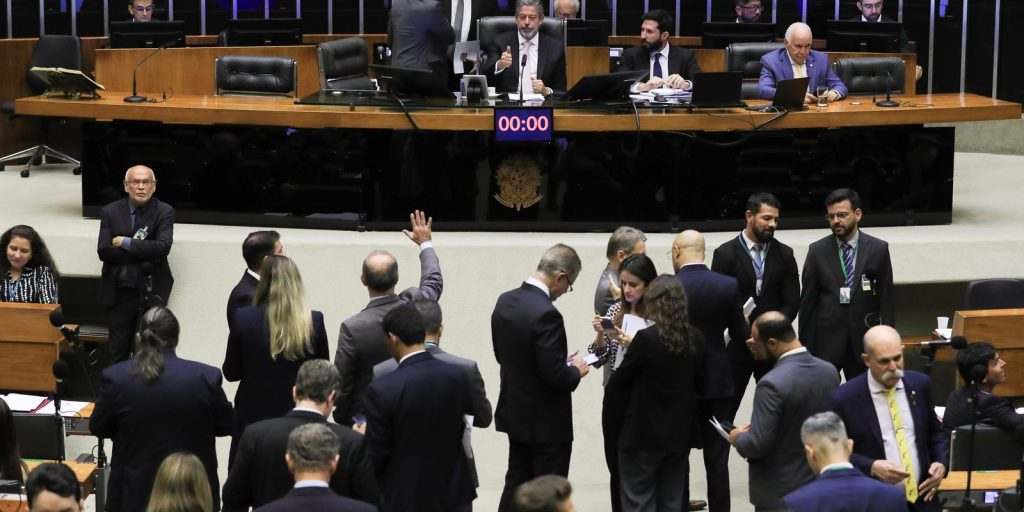The process of the reform project to the General Participation System has the country in a scenario in which people no longer wonder if it will finally be a reality or not, given that Congress gave it the green light and the only thing missing is conciliation between the Senate and Camera. In contrast, now the entire market is focused on what will come with the transfer of powers, a topic that will be addressed in the next debate on regional autonomy.
In the first part of the process, there were many alerts and recommendations that were made, among them one from the Attorney General’s Office, which, taking into account the recommendations of the Decentralization Mission, requested that the reform of the SGP not become a new risk factor for fiscal stability.
More information: Colombia received recognition from the OECD for fiscal transparency
After completing the entire process in the Legislature, now the Public Ministry was upset, as it denounced that its alerts were notwere taken into account and that the risks it sought to avert are still in force, especially with the floor on transfers and the criteria for distributing resources for the regions.
“The recommendations were aimed at avoiding scenarios in which territorial autonomy could be affected in the short, medium and long term or the efficient provision of public goods and services and, with this, the closing of socioeconomic gaps and the protection of rights. for vulnerable populations,” he said.
Juan Fernando Cristo, Minister of the Interior, in the debate on the reform of the SGP
César Melgarejo / Portfolio
The Attorney General’s Office explained that through its Territorial Management Delegation, Before the last debate in the Chamber and with a view to preserving the fiscal sustainability of territorial autonomy, the congressmen were invited to return to the four proposals included in the Final Report of the Decentralization Mission that spoke about the SGP and that was filed in the Legislative since the middle of this year.
“The proposals, built by experts in 68 spaces, sought to establish a minimum floor of the percentage of participation of the territories of 30.5% of the Current Income of the Nation and to recompose the distribution of resources in two pockets, one sectoral (with the 80.18%) and another territorial one (with 19.82%)”, they noted.
They also recalled that the Mission’s experts left a plan on the table to establish new distribution criteria for the General Purpose bag, which would be directed only to municipalities and districts and make general-purpose SGP resources more flexible.
Also read: How much does the maritime economy contribute to the GDP in Colombia?
“It was essential to take into account the conclusion of the Decentralization Mission, in the section where it is highlighted that the amount of resources within the system have not managed to close gaps that persist in all sectors, as well as between fiscal performance between categories of entities. territorial,” they added.
Because of this, as they remember, it was necessary to “adjust the criteria of allocation of the growing transfers with the purpose of closing gaps within the sectors and between territorial entities with fiscal and administrative capacities and very unequal welfare standards.

Attorney’s Office
EL TIEMPO Archive
Finally, the Attorney General’s Office reiterated that the recommendations were aimed at preventing scenarios from being configured that could affect the interests of society, the protection of fundamental rights or ignore the legal system and are issued in the exercise of the harmonious collaboration enshrined in article 113 of the Political Constitution.
Like this control body, authorities such as CARF and the Comptroller’s Office, as well as economic study and analysis centers, raised several concerns about the fiscal impact of these regulations, which led to the demand for a competition law that will now begin. its drafting by the National Government and must be ready within six months.
















